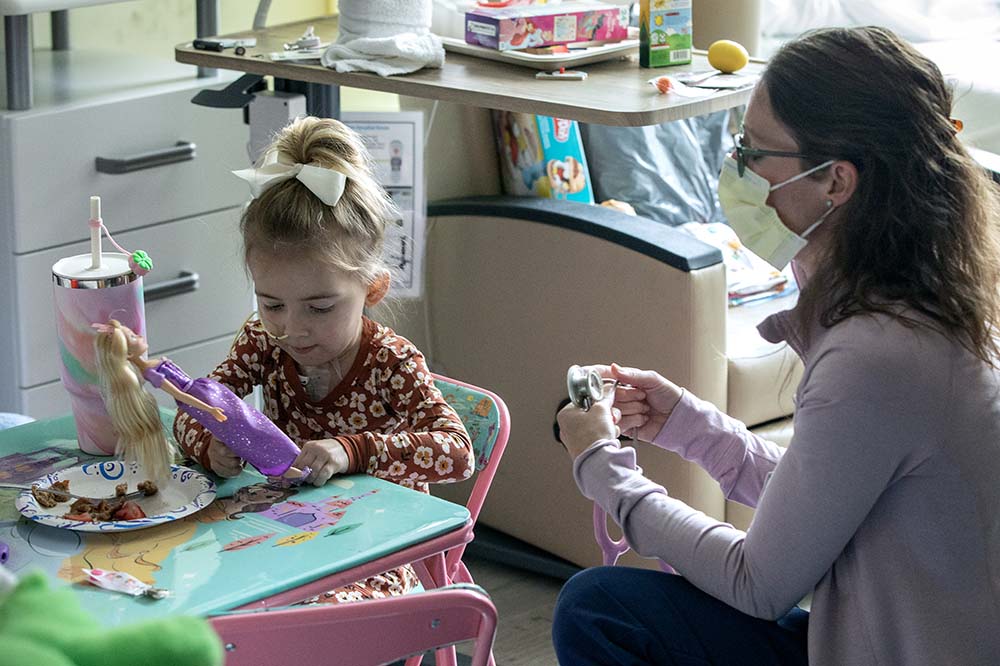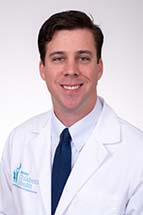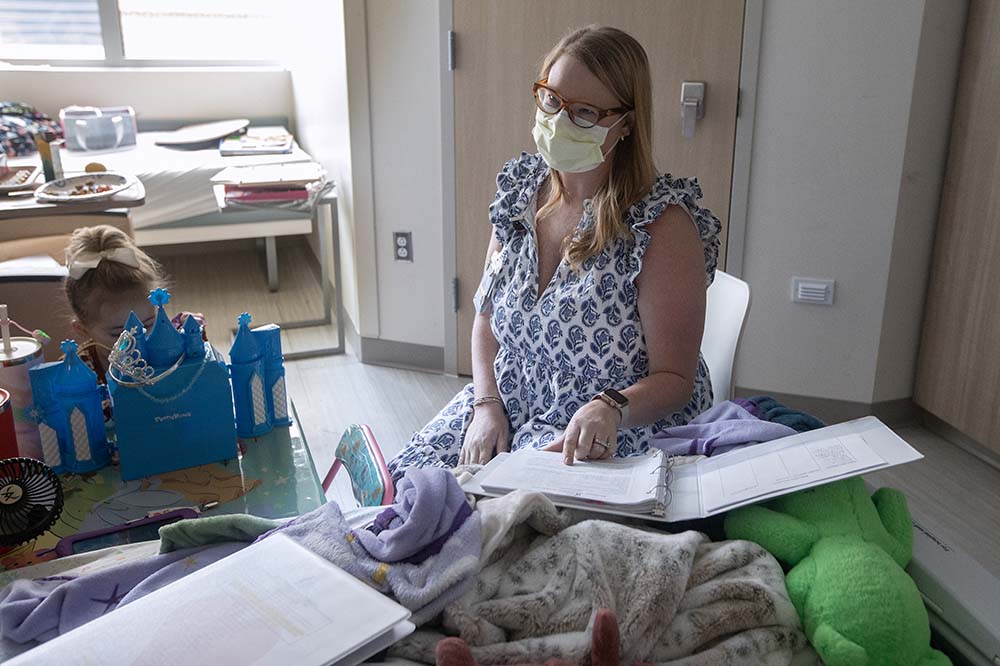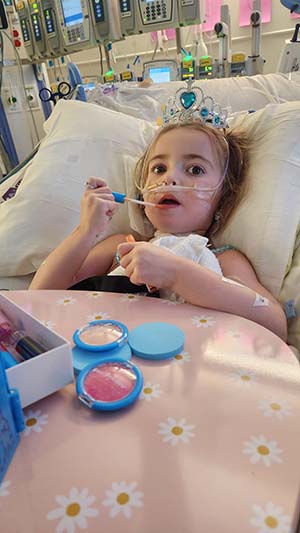Clover Carney, 3, of Murrells Inlet, and another child received heart transplants at the hospital. MUSC Sean Jenkins Children's Hospital This is a rare feat made possible by a team that has grown in size and strength over the past few years. Its accomplishments have been recognized by U.S. News & World Report, which ranks the hospital's cardiology and heart surgery programs among the best in the nation.
Surgeon Dr. Minu KabalanaThe doctor who operated on Clover explained why performing two heart transplants in one day was such a success. “A heart transplant requires many resources and human resources, not just the surgeon, but also assistants, operating room and nursing staff, heart-lung machine specialists, anesthesiologists, intensive care unit doctors, and cardiologists.” he said.
“So you have to recreate it within 24 or 48 hours. It's very difficult because you have to have one of each.”
It has been challenging and exciting for the medical team to see the results. “It's a feeling of euphoria. Walking past the intensive care unit and seeing for the first time children with normal blood flow and perfusion to their organs. You know, sitting in bed and thinking, I want to eat something or watch a movie, but I actually feel normal. It's really a gift to be able to watch this and be a part of this whole process,” Kabalana said.
Clover's parents are also euphoric, knowing that their daughter will grow up and have the chance to live a normal life. She will need to take medication to keep her body from rejecting the new heart, but it will allow her to go to school again and play like other children.
She has come a long way since the day she was born. At the time, neither her parents nor doctors initially realized that her tiny heart was already in trouble. Clover had heart block, which means the heart beats too slowly or abnormally, and heart failure, which means the heart can't pump as much blood as it needs.
Her father, Tim Carney, said things moved quickly once everyone realized the seriousness of the situation. “They didn't know what to do at the local hospital. So they took her here to MUSC, and I think the next day she got her first pacemaker.”

Clover's mother said doctors at MUSC Sean Jenkins Children's Hospital stabilized her enough with a pacemaker and other treatments that she was eventually able to go home with her family.
“She coped well with medication and was doing great. She was totally normal and acting fine. She ate really well. She had good energy. You can't say there's anything wrong with that. So we thought this was great,” said Caroline Floyd.

“Then at the beginning of this year, she started losing her appetite. She started showing symptoms, and an echocardiogram showed that she was developing heart failure.” An echocardiogram shows a picture of the heart. This is a test that takes pictures of
So Clover's parents took her back to the hospital on May 1 of this year, and she hasn't left since. Clover was so sick that she needed a Berlin Heart, a mechanical system that supports cardiac output. And she needed a heart transplant. Her family was lulled into thinking she might end up in the hospital for months waiting for a donor heart.
But once again, things moved quickly for Clover. About a month after she arrived, her mother got a call from her. Dr. Andrew SavageDirector of the Pediatric Heart Failure and Transplant Program at MUSC Sean Jenkins Children's Hospital.
“It was 6 o'clock on a Sunday, and I was like, 'Hello?'” Floyd said. “He said, 'Hey, it's Dr. Savage.' I'm like, 'Hey, what's going on?' I was wondering if something was wrong. He said, “There's something I have to tell you.'' We love Clover dearly. ”I was just shocked. It's like, “Is this a dream?” Are you punking me? ” she said, laughing and remembering it later.
He wasn't. By 1 a.m. the next morning, Clover was in surgery.

The girl had no way of knowing, but she was taking part in an unusual event. On the same day as Clover's heart, another donor heart became available for a second patient, Sean Jenkins. transplant surgeon Dr. Lloyd “Mac” Felmleydescribed what set it in motion.
“Currently, we were trying to evaluate two donor hearts at the same time, which obviously added complexity to getting everything done in terms of allocating resources to the recipient. Allocate resources to ensure procurement is completed.”
They needed to make sure the two hearts were a safe fit for the young patient. “Many factors come into play in finding the right donor heart for a patient. The biggest factors are the size and function of the heart, and whether the heart is compatible from an immunological point of view, i.e. ABO blood group match. Or not,” Felmley said.

“Many of our patients have been exposed to blood transfusions from previous surgeries, which can sensitize their immune systems and affect proteins such as HLA antibodies.” HLA stands for human leukocyte antigen. , the human body uses HLA to identify whether cells belong within the body. NMDP, formerly Be the Match.
“All transplant patients take immunosuppressants to prevent rejection of their new heart, and we take all of these factors into account to make the heart the best match possible.”
That's why surgeons at MUSC Sean Jenkins Children's Hospital travel to evaluate and transport donor hearts. The doctors who took Clover's donor heart to Charleston had to turn around and board another plane to do the same with a second heart while the clock was ticking. According to the Donor Alliance, hearts can only survive for a few hours after the donor's death.
The second heart arrived in time, and Felmley was operating on the second transplant patient by 11 a.m. that morning. Like Clover, the patient is now recovered and has a new lease on life.
“We are proud of our heart center,” Felmley said. “There were a lot of moving parts, but everyone worked together to make this happen. And in the operating room, we had great teamwork between the surgical team, the anesthesia team, the perfusion team, and we had a very short period of time. In between, we were able to transport two complex patients to the operating room with excellent surgical results.”
Kabalana said the double transplant surgery is another sign that the heart team at MUSC Sean Jenkins Children's Hospital is a trusted and important resource for families.
“We've always been very good, consistently among the best in the country. So it's a privilege for us to be able to do that, and to be able to experience that here, and to be able to experience that here and to I think it's a privilege for my family to not have to travel far for any kind of surgery.”
Clover's parents can attest to that. They are amazed at how things went and how quickly she is recovering. “I'm serious. One day after surgery, there's a picture of her playing with a Barbie doll makeup castle. People couldn't believe it,” her mother said.

